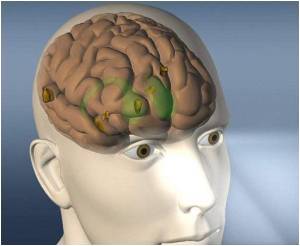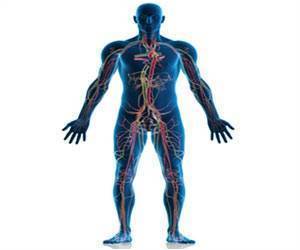A new guideline recommends several treatments for people with Huntington's disease who experience chorea—jerky, random, uncontrollable movements that can make everyday activities challenging.

"Chorea can be disabling, worsen weight loss and increase the risk of falling," said guideline lead author Melissa Armstrong, MD, MSc, with the University of Maryland Department of Neurology and a member of the American Academy of Neurology.
Huntington's disease is a complex disease with physical, cognitive and behavioral symptoms. The new guideline addresses only one aspect of the disease that may require treatment.
The guideline found that the drugs tetrabenazine (TBZ), riluzole and amantadine can be helpful and the drug nabilone may also be considered to treat chorea. The medications riluzole, amantadine and nabilone are not often prescribed for Huntington's disease.
"People with Huntington's disease who have chorea should discuss with their doctors whether treating chorea is a priority. Huntington's disease is complex with a wide range of sometimes severe symptoms and treating other symptoms may be a higher priority than treating chorea," said Armstrong.
Armstrong adds that it is important for patients to understand that their doctors may try drugs not recommended in this guideline to treat chorea. More research is needed to know if drugs such as those used for psychosis are effective; however, doctors may prescribe them on the basis of past clinical experience.
Advertisement









